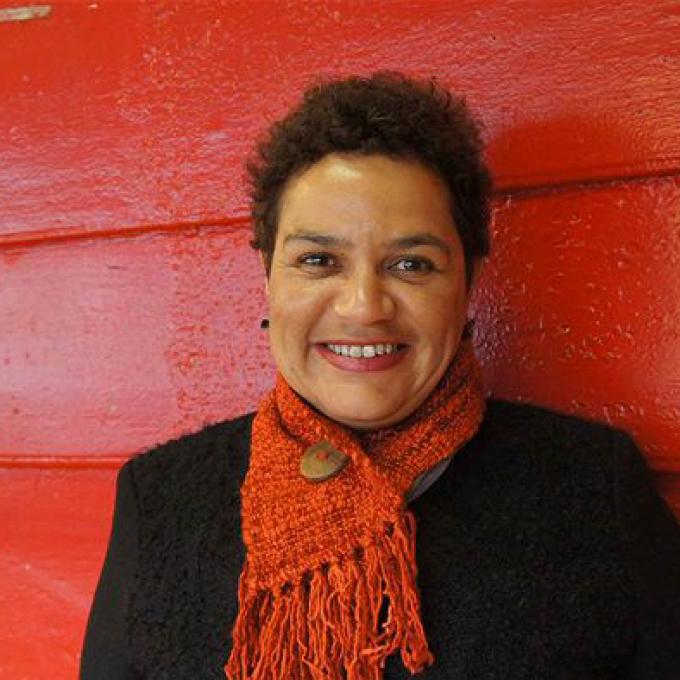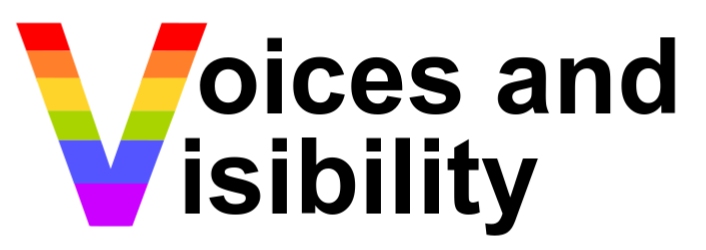Jackie Kay

Jackie Kay
Poet, novelist and academic
1998
Publishes ‘Trumpet’
‘You would never dream of asking a heterosexual writer how being heterosexual affected their writing, yet it’s often asked of a lesbian writer.’ Jackie Kay
Jackie Kay is a Scottish poet and novelist. She became the Scots Makar in 2016, the Scottish poet laureate. She is currently Professor of Creative Writing at the University of Newcastle. She was born in Edinburgh, to a Scottish mother and a Nigerian father. She and her brother were adopted by a white Scottish couple, Helen and John Kay. They grew up in Glasgow.
Her adoptive father worked for the Communist Party full-time and her adoptive mother was the Scottish secretary of the Campaign for Nuclear Disarmament. Kay studied English at the University of Stirling and then moved to London.
In her twenties her son Matthew was born. (“Matt” Kay is now a documentary filmmaker). She had a 15 year relationship with poet Carol Ann Duffy. As well as poetry, Kay writes for stage, screen and for children. At one time she worried about the labels of identity politics – ‘lesbian writer’, ‘black writer’, ‘Scottish writer’. She wants to be open about her sexuality but not defined by it.
Her first book of poetry was published in 1991. ‘The Adoption Papers’ were partially autobiographical. The book won a Scottish book prize and led to the commission for ‘Trumpet’, her first novel.
Trumpet was published in 1998. Kay was 37 years old. It tells the story of a fictional jazz trumpet player, Joss Moody. He is the son of a black father and white mother. He was born a female. This was discovered after his death. It caused a public sensation and affected his family’s life. The book was inspired by the life of American jazz musician Billy Tipton. He was a white American, transgender male, who was born Dorothy Tipton. He lived as a man for the last fifty years of his life. The story became international news after Tipton’s death.
In Trumpet Joss’s life is told through the recollection of his family and friends, and those who came in contact with him at his death. They offer different ways of thinking about being transgender. They talk about what Joss represented when he was alive, and what his sexuality represents after his death. The characters come to terms with who Joss was as a person, regardless of his sex or gender.
The story is about individuals. How they struggle to define and perform their identities. How they work out what’s real and what’s imagined about themselves. How they work out what’s allowed and forbidden. To others, Joss’s sexual identity and gender may seem complicated but he never struggles. Living the life of a man is his identity. Race doesn’t define him or the way he lives his life either. Both he and his wife are comfortable with their life. What is important is who you know yourself to be.
Trumpet has been very successful. It was awarded the Guardian Fiction Prize in 1998. It also won in the Transgender category at the 2000 Lambda Literary Awards. It was reprinted as a Picador Classic in 2016, with a foreword by Ali Smith.
